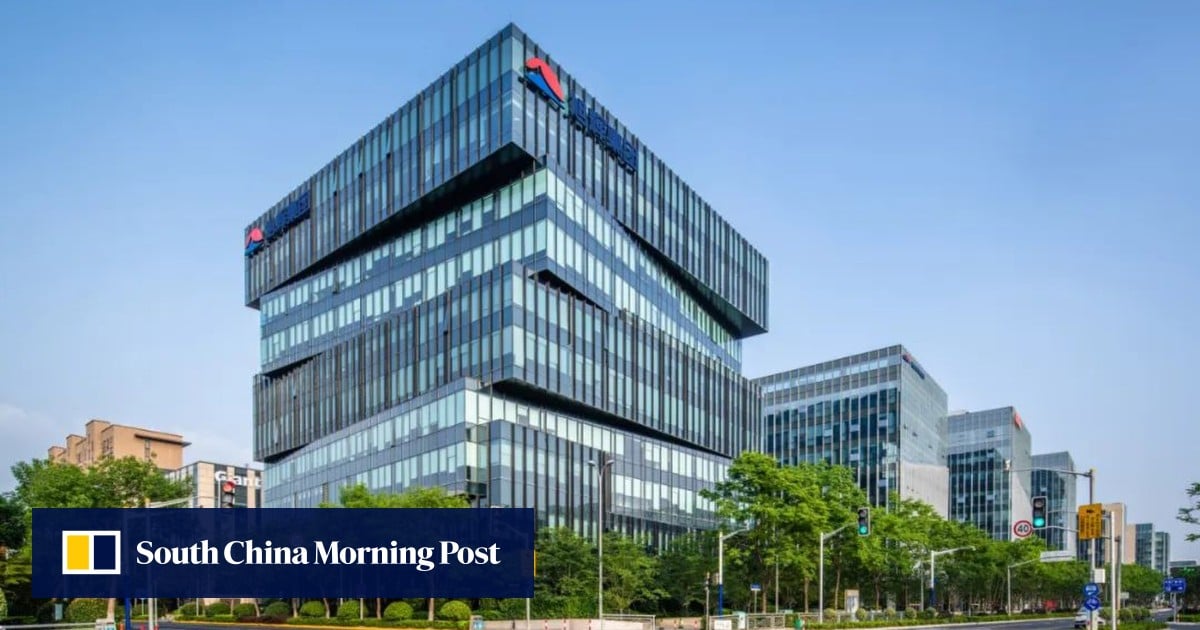
15 Feb Chinese property developer CIFI to offload Australian assets at a loss in bid to inject cash as credit dries up
CIFI Holdings has agreed to sell a 60 per cent stake in 16 parcels of land in Sydney to an Australian company for A$66.3 million (US$42.9 million), booking an estimated loss of A$11.1 million in the process, the distressed Chinese developer said.
This is the third time in two months that CIFI Holdings has revealed a plan to dispose of its assets at a loss, as the developer continued to restructure its debt.
Zerlina Zeng, analyst at CreditSights, said the divestment of the Sydney project showed the developer’s willingness to sell assets at a loss to replenish liquidity, but it was way too early to conclude that CIFI has the willingness and ability to work out a debt restructuring plan with creditors.
“We expect CIFI’s liquidity condition to remain strained in 2024 with contracting contracted sales, limited new funding from banks and the onshore bond markets, and difficulties in disposing its China investment/residential property assets amid a prolonged property downturn,” Zeng said.

The company said in its stock exchange filing that it had been actively exploring opportunities for offshore asset disposal to ease the group’s offshore liquidity pressure and to finance its business operation.
Chinese developer CIFI dumps assets to keep lights on amid darkening credit outlook
Chinese developer CIFI dumps assets to keep lights on amid darkening credit outlook
Despite the loss, the Shanghai-headquartered developer said the transaction “is not expected to have immediate material impact on the financial position of the group”. It also said the properties did not generate any profits in 2022 and 2023.
The asset comprises of 16 adjacent plots of land on Berry Road, Holdsworth Avenue and River Road in St Leonards, a Sydney suburb about a 10-minute drive from the city’s central business district.
SH South St Leonards, a company incorporated in Australia, agreed to buy the parcels of land subject to official approval, CIFI Holdings said.
In December, CIFI Holdings said it raised 436 million yuan (US$61 million) by selling its 49 per cent stake in Tianjin Chuangda Real Estate Development, suffering a loss of 28 million yuan.
In the same month, CIFI subsidiary Liaochen Xuyin sold a majority stake in its Dezhou residential project in Shandong province at a loss of 215 million yuan.
CIFI’s woes began in late 2022, when it defaulted on a US$318 million offshore bond and terminated debt restructuring talks to creditors.
In March last year, CIFI said it was looking to sell its prime assets in Shanghai, including its headquarters, after a state-guaranteed 1.5 billion yuan bond issue failed to materialise.
To solve the liquidity crisis, CIFI chairman Lin Zhong and his family have put up five luxury homes for sale in Hong Kong’s Southern district, even as the city’s property market continued to slide.
In its delayed earnings release, the company said it had swung to a 9 billion yuan loss in the first half of 2023 from a profit of 1.9 billion yuan in the year ago period. Its annual loss was 13 billion yuan in 2022. But the company’s long-term liabilities shrank to 34.8 billion yuan by the end of June, from 41.3 billion yuan at the end of 2022, while its working capital dropped to 30.6 billion yuan from 49 billion yuan in the same period, indicating balance-sheet downsizing.
